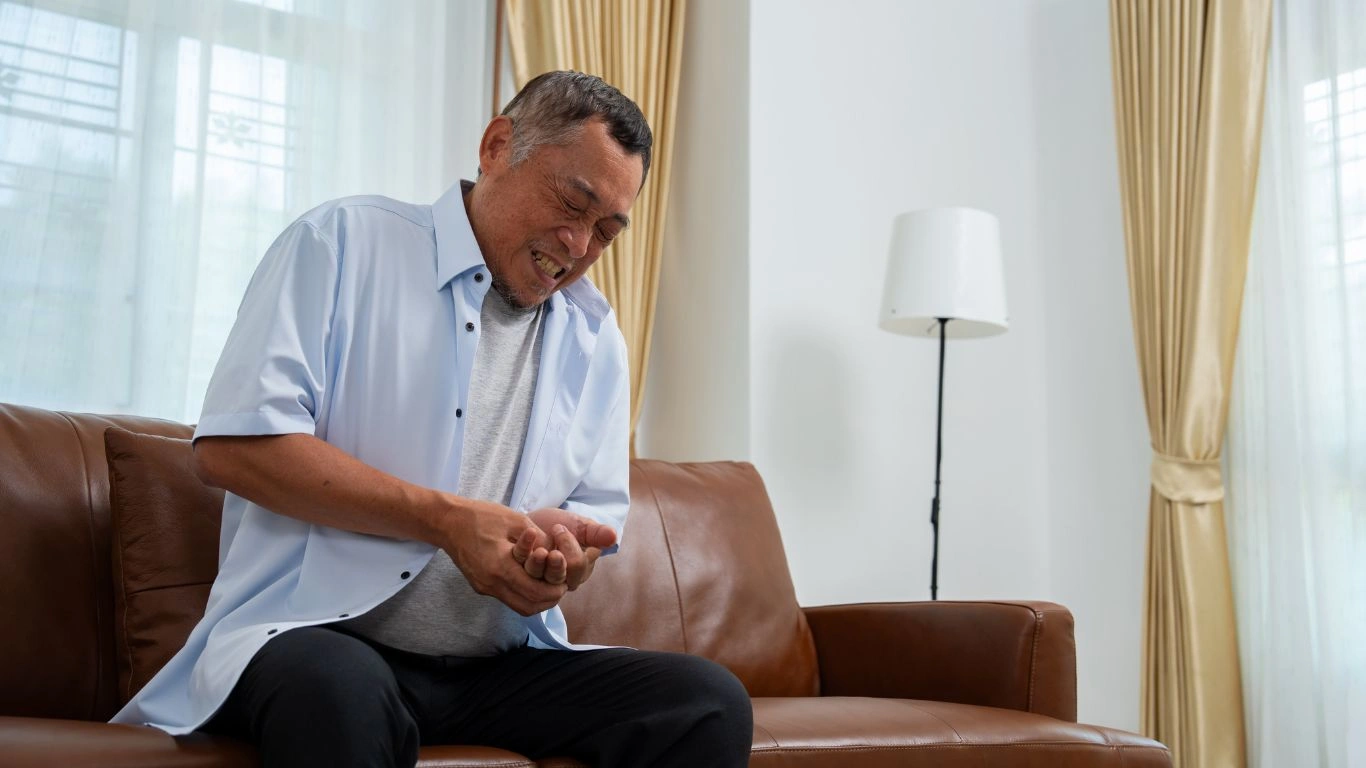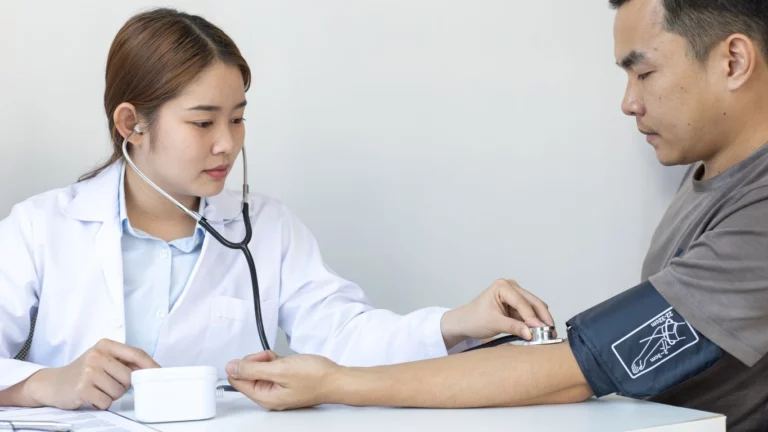Rheumatoid Arthritis and Bone Joint Protection: Your Go-To Guide
Struggling with rheumatoid arthritis (RA) and worried about protecting your joints? Don’t stress! I’ve got the scoop on how you can keep your bones and joints happy and healthy despite RA.
Rheumatoid arthritis is no joke—it’s an autoimmune condition where your immune system decides to go rogue and attacks the lining of your joints. This can lead to inflammation, pain, and even joint damage over time. But hey, it’s not all doom and gloom! With the right strategies, you can totally protect your joints and stay ahead of the game.
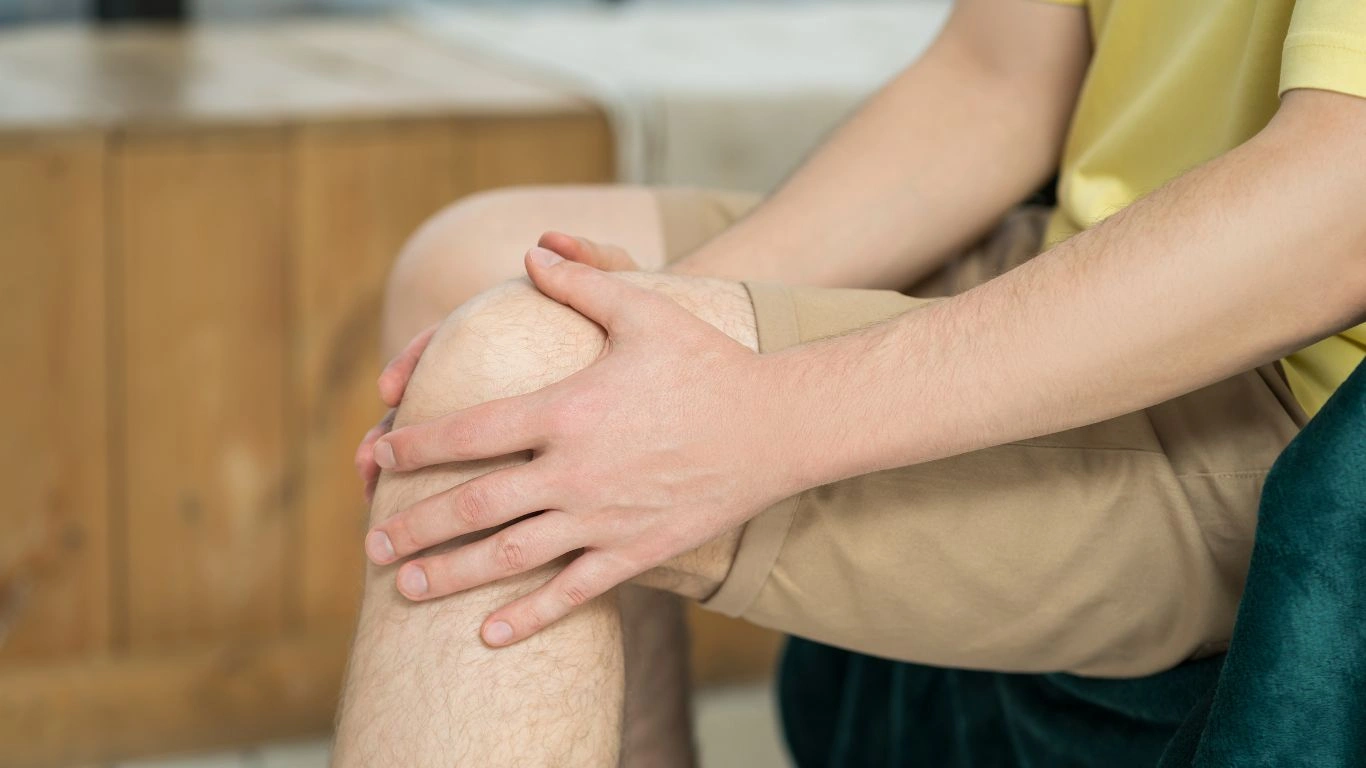
Why Joint Protection Is a Big Deal
When you’ve got RA, your joints are under constant attack, which can lead to stiffness, swelling, and even long-term damage if left unchecked. Protecting your joints isn’t just about reducing pain in the moment—it’s about preserving your mobility and independence for the long haul.
Imagine your joints like a car engine. Without proper care (hello, oil changes!), things start to wear down. But with regular maintenance, you can keep that engine running smoothly for years. Your joints are the same!
Top Tips for Protecting Your Joints with RA
1. Keep Moving, but Do It Smartly
Exercise is a lifesaver when it comes to joint health, but don’t overdo it. Low-impact activities like swimming, walking, or yoga are your best friends. Think of these exercises as your joint’s version of a spa day—gentle, restorative, and oh-so-good for you.
Pro tip: If you’re new to exercising with RA, start slow. Maybe a 10-minute walk around the block or a few stretches to wake up your body.
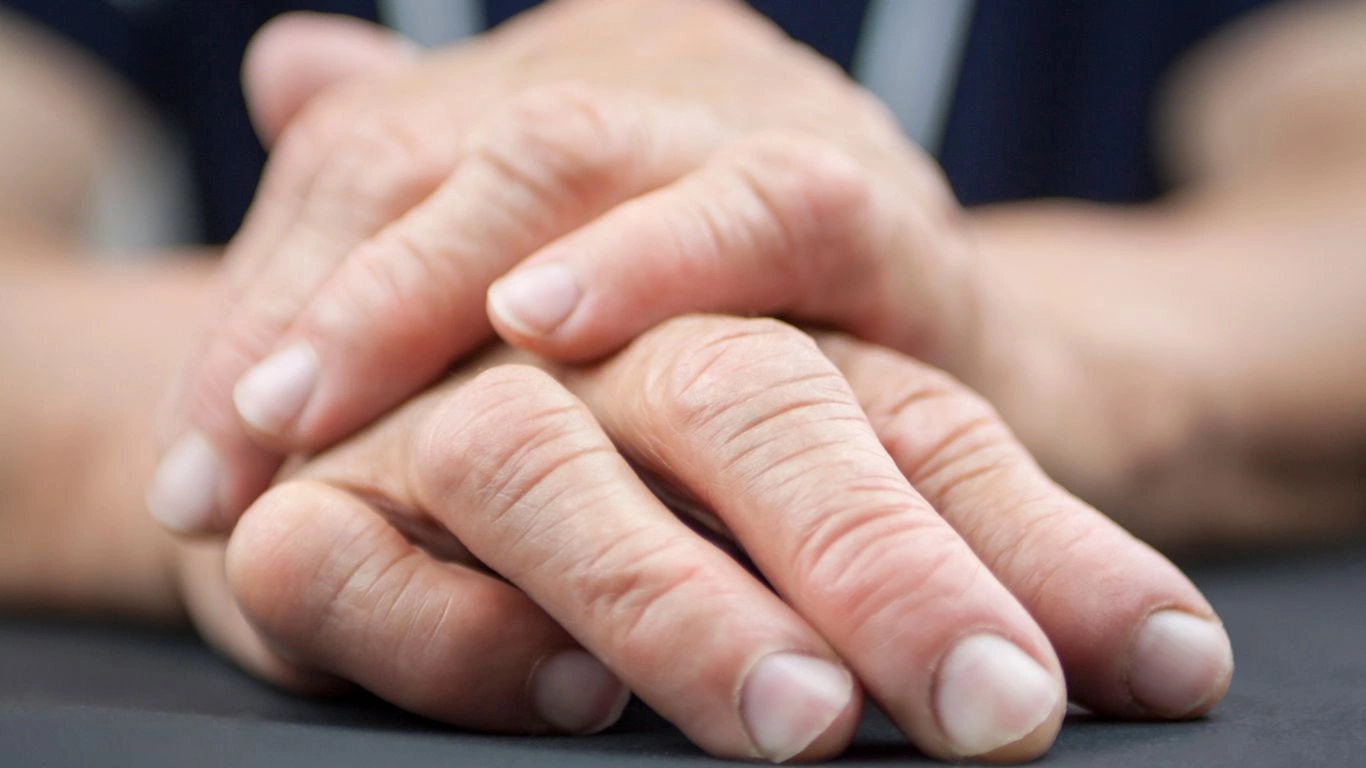
2. Prioritize Anti-Inflammatory Foods
What you eat plays a huge role in managing inflammation. Load up on foods like salmon, walnuts, leafy greens, and berries. These are packed with omega-3s and antioxidants that help fight inflammation.
And hey, don’t forget about turmeric! Sprinkle it on your food or sip on turmeric tea—it’s a natural anti-inflammatory superstar.
3. Use Joint-Friendly Tools
Sometimes, it’s about working smarter, not harder. Adaptive tools like jar openers, ergonomic keyboards, or lightweight cooking utensils can save your joints a lot of unnecessary strain.
Real talk: I once saw a friend with RA using a funky-looking pen that made writing so much easier. Little changes like that can be a game-changer.
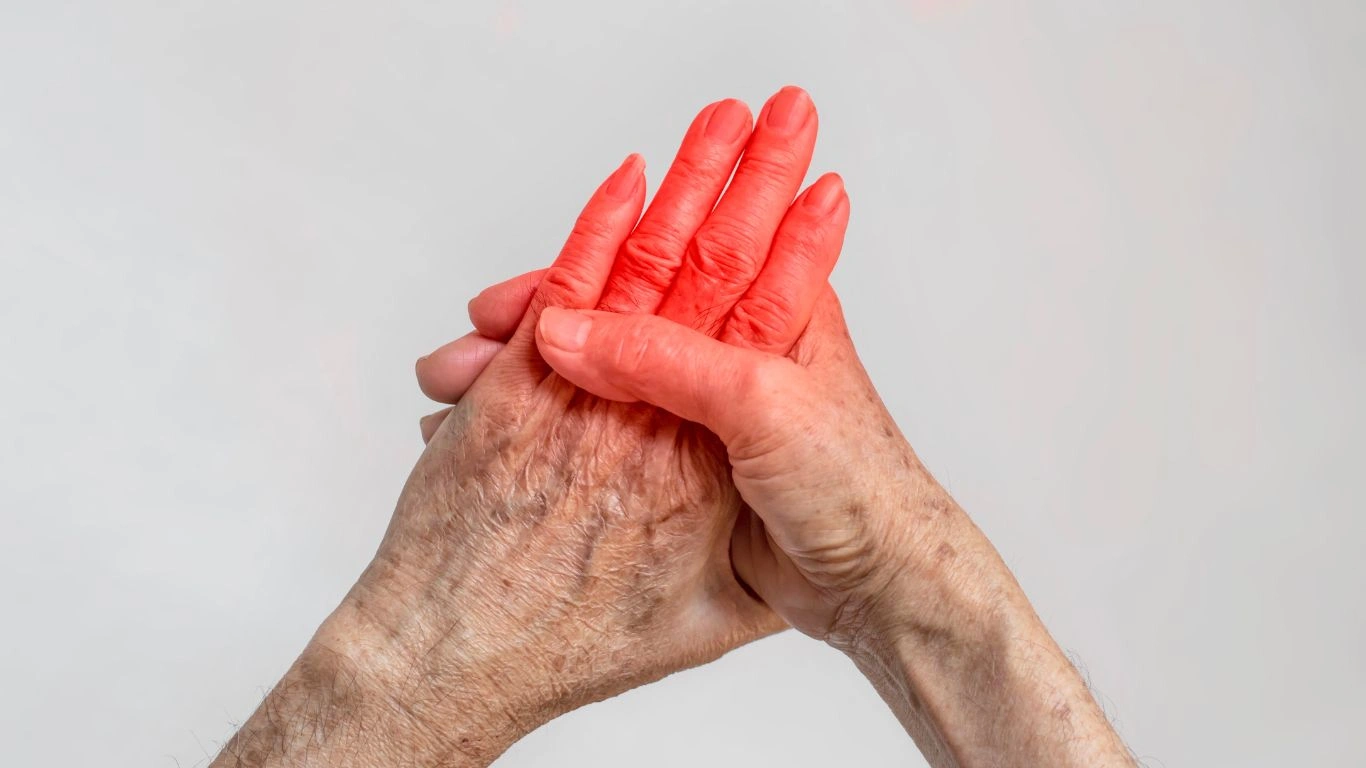
4. Don’t Skip Your Meds
Medications like DMARDs (Disease-Modifying Anti-Rheumatic Drugs) or biologics are designed to slow down the progression of RA. Staying consistent with your treatment plan is key to keeping joint damage at bay.
And if you’re having side effects or feel like your meds aren’t working? Don’t suffer in silence—talk to your doctor!
5. Rest When Your Body Asks for It
Listen, rest isn’t laziness—it’s recovery. If your joints are flaring up, take a break. Pushing through pain can do more harm than good, so treat rest as an essential part of your routine.
Foods and Supplements That Love Your Joints
Fatty Fish
Think salmon, mackerel, and sardines. These are packed with omega-3s, which reduce inflammation like a boss.
Leafy Greens
Spinach, kale, and broccoli are rich in vitamins and minerals like calcium and vitamin D, both essential for bone health.
Bone Broth
This trendy food isn’t just tasty—it’s full of collagen, which can support joint health.
Supplements
If your diet’s missing certain nutrients, supplements like glucosamine, chondroitin, or vitamin D can help. Just chat with your doctor before starting anything new.
What to Avoid
Certain things can make RA worse. Here’s what to steer clear of:
- Sugar and processed foods: These can spike inflammation like nobody’s business.
- Smoking: It’s terrible for your joints and overall health. If you smoke, quitting is one of the best things you can do.
- Excess alcohol: A glass of wine? Sure. But too much can interfere with your medications and inflammation levels.

Appendices
References
- Arthritis Foundation. (2025). “Living with Rheumatoid Arthritis.” Available at arthritis.org.
- National Institutes of Health (NIH). (2024). “Anti-inflammatory Diet Tips.” Available at nih.gov.
- Smith, J., & Taylor, L. (2023). “Managing RA: Expert Tips.” Journal of Rheumatology.
FAQs
- Can exercise worsen my RA symptoms? Exercise, when done right, helps improve flexibility and reduce stiffness. Just stick to low-impact activities and avoid overexertion during flares.
- Are there specific shoes I should wear? Absolutely! Go for supportive, cushioned shoes that reduce pressure on your joints. Orthotics can be a big help too.
- Is weight loss important for joint health? Yep! Carrying extra weight puts stress on your joints, especially in the knees and hips. Even small weight losses can make a big difference.
- How can I manage morning stiffness? A warm shower, gentle stretches, or even a heating pad can work wonders to loosen up stiff joints in the morning.
- What’s the best way to deal with RA flares? Rest, anti-inflammatory foods, and sticking to your treatment plan are key. And don’t hesitate to call your doctor if the flare is severe.
Disclaimer
Disclaimer: This guide is for informational purposes only and is not a substitute for professional medical advice. Always consult your doctor or rheumatologist for advice tailored to your specific needs.

Tarra Nugroho is a dedicated Nurse Practitioner with a strong foundation in family and preventive care. She brings both compassion and clinical expertise to her practice, focusing on patient-centered care and health education. As a contributor to Healthusias.com, Tarra translates medical knowledge into clear, empowering articles on topics like women’s health, chronic disease management, and lifestyle medicine. Her mission is simple: help people feel seen, heard, and informed—both in the clinic and through the content she creates. When she’s not caring for patients, Tarra enjoys weekend hikes, plant-based cooking, and curling up with a good health podcast.

